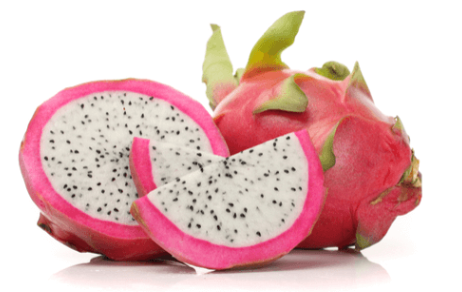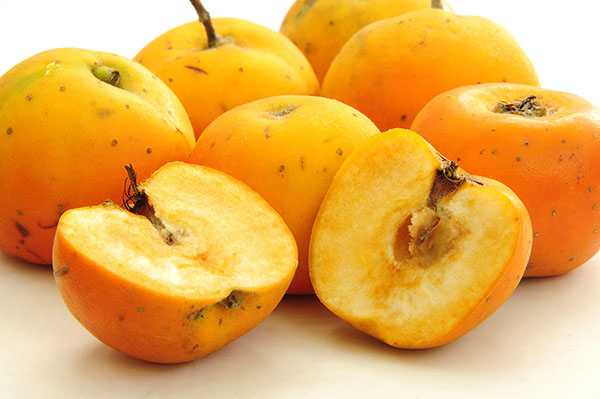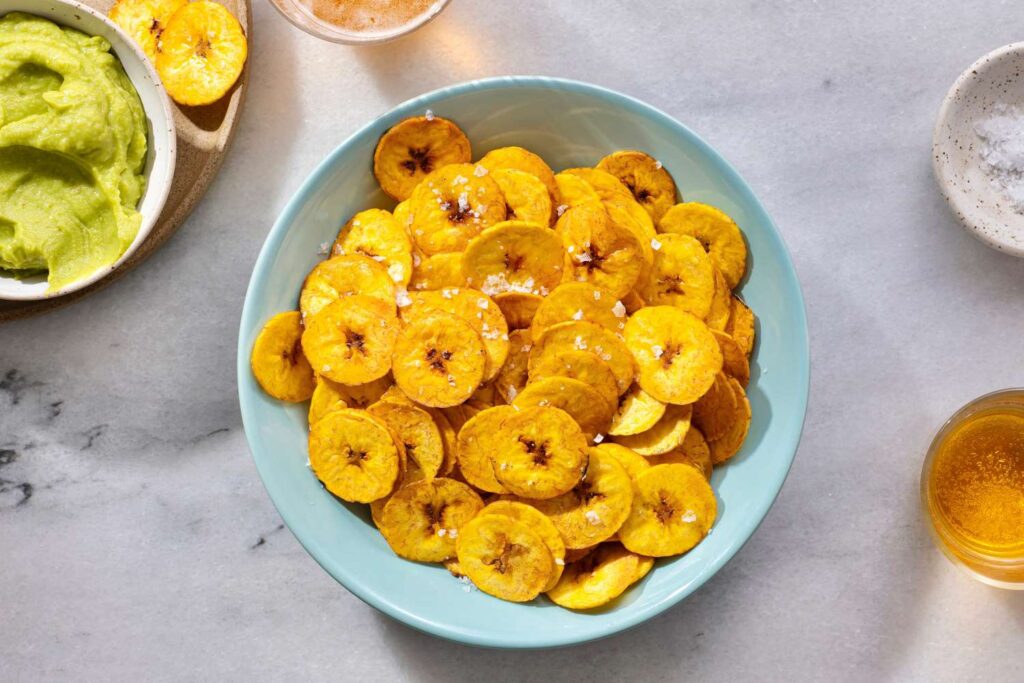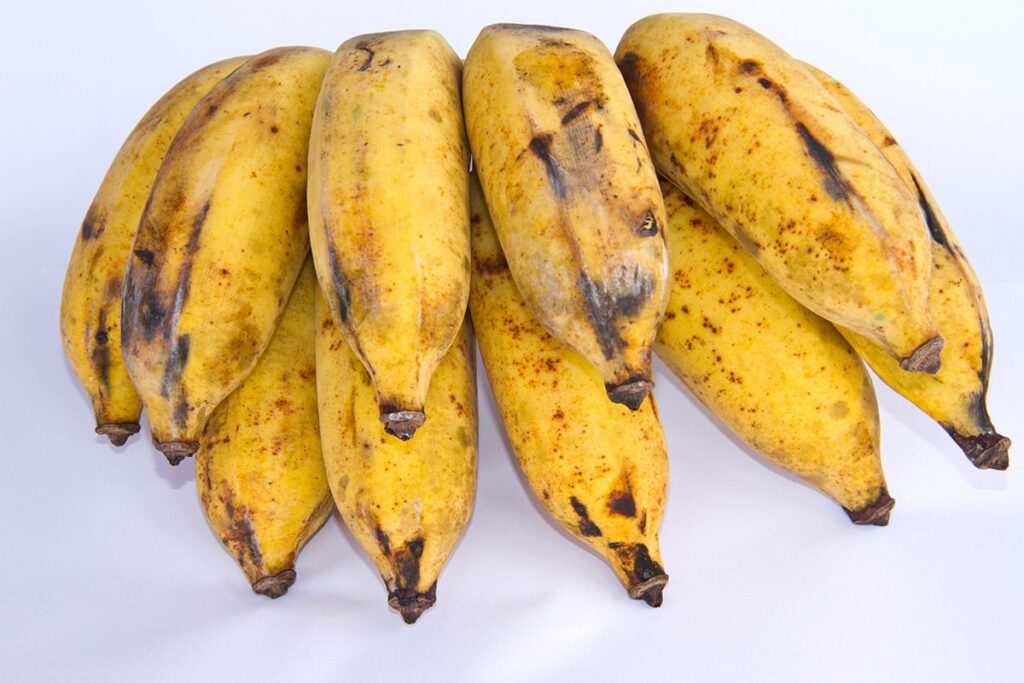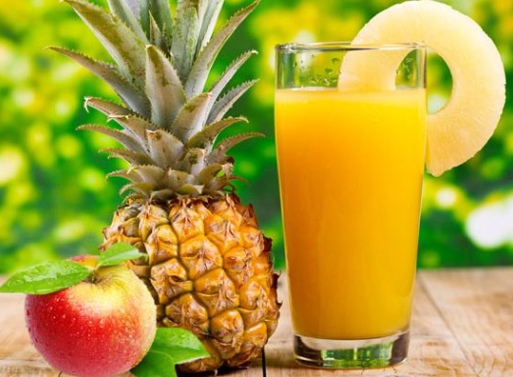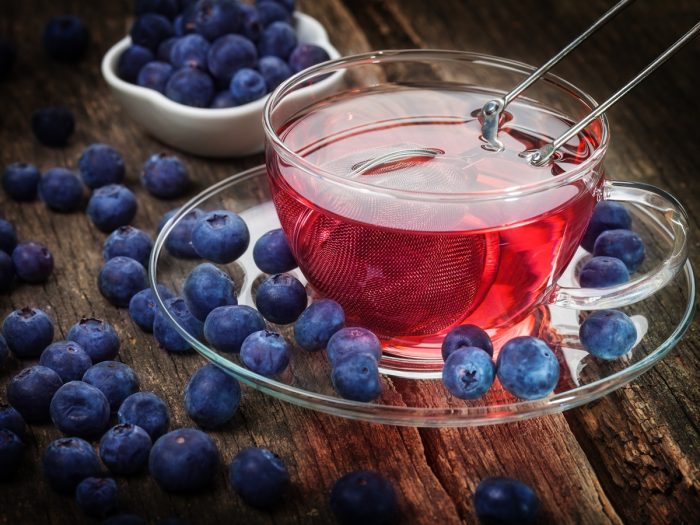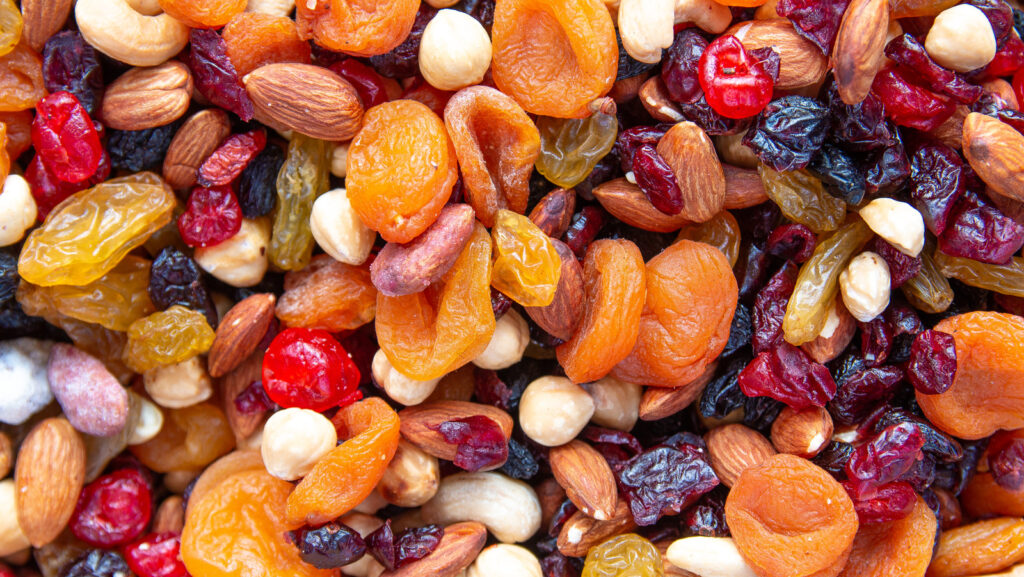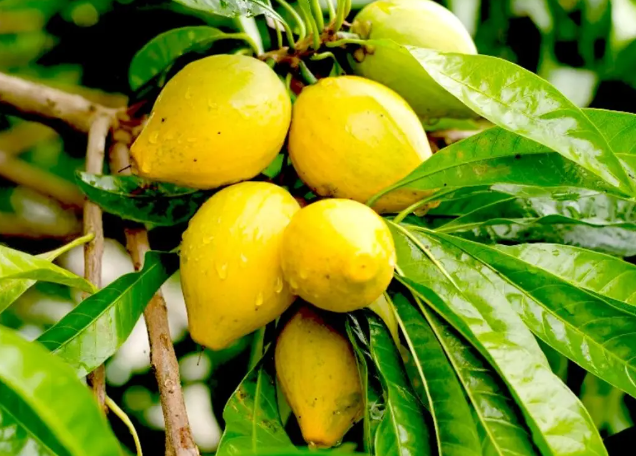Watermelon is a sweet and refreshing treat that can help you stay hydrated. But you might wonder if it’s okay for your kidneys and if it affects creatinine levels. Let’s take a closer look at the good and bad sides of watermelon when it comes to your kidney health.
Table of Contents
Understanding Creatinine
Creatinine is a leftover from muscle energy use in your body. Normally, your kidneys clean it out of your blood. If you have a high creatinine level, it might mean that your kidneys aren’t working as well as they should.
Creatinine levels can change for many reasons, such as your diet, exercise, and how much water you drink. So, a one-time high level isn’t always a big worry. Your doctor will look for changes over time to truly understand your kidney health.
Why is it Important to Watch Creatinine Levels?
Keeping an eye on your creatinine helps you know how your kidneys are doing. If levels go up, it could mean your kidneys are getting worse. Finding kidney problems early is very important for keeping you healthy for a long time.
If you already have kidney issues, managing creatinine can help prevent other health problems like heart disease, weak bones, and not getting enough nutrients. It might also help you avoid needing treatments like dialysis or a kidney transplant.
Your doctor will look at your risk factors and decide on the best way to keep your kidneys working well.
The Good Things Watermelon Can Do for Your Kidneys
Watermelon has benefits for your kidneys and could help control creatinine levels. It’s full of water, which is great for kidney function. Here are a few ways watermelon might help:
- It works like a natural water pill, helping you pee more to get rid of creatinine.
- It’s packed with good stuff like lycopene and vitamins that protect your kidneys.
- It can help lower blood pressure, which is good for your kidney health.
- It has things that calm inflammation that can hurt your kidneys.
- It can make blood vessels bigger, which helps your kidneys work better.
- Drinking lots of water and eating water-rich foods like watermelon helps clean your kidneys.
So, eating watermelon can be a part of keeping your kidneys and creatinine levels healthy.
Some Reasons to Be Cautious with Watermelon
However, watermelon isn’t perfect for everyone. Here are a few things to think about:
- Watermelon has quite a bit of sugar which can make your blood sugar go up. This is especially important for people with diabetes because it can make kidney problems worse.
- While making you pee more can help with creatinine, it can also make you lose important minerals. This can be hard on your kidneys.
- People with serious kidney disease need to watch how much potassium they get. Watermelon has a lot of potassium, which might be too much for them.
- Adding extra sugar or salt to watermelon isn’t a good idea because it can make your kidneys work harder and raise creatinine levels.
Conclusion – Enjoy Watermelon with Care
Watermelon can be part of a kidney-friendly diet if you’re careful. Stick to a small portion and skip the extra sugar or salt. Drink water and have some drinks with electrolytes to keep a good balance.
For people with no kidney issues, watermelon is usually okay. But eating too much of any single food isn’t the best for your diet.
Watermelon alone won’t solve kidney problems, but its hydration and helpful substances can be part of good kidney care.
If you want to keep your creatinine levels normal, here’s what you can do:
- Make water your main drink.
- Eat lots of different unprocessed foods.
- Take care of health problems like diabetes and high blood pressure.
- Avoid pain medicines that can hurt your kidneys.
- Talk to your doctor about supplements like fish oil.
- Exercise often for good blood flow.
- Get blood tests to watch your creatinine.
- Be careful with foods high in potassium if you have bad kidney disease.
- Work with your doctor to make a diet that’s good for you.
Helping your kidneys means looking at your whole health. You can enjoy treats like watermelon and still keep your kidneys and creatinine levels healthy.

